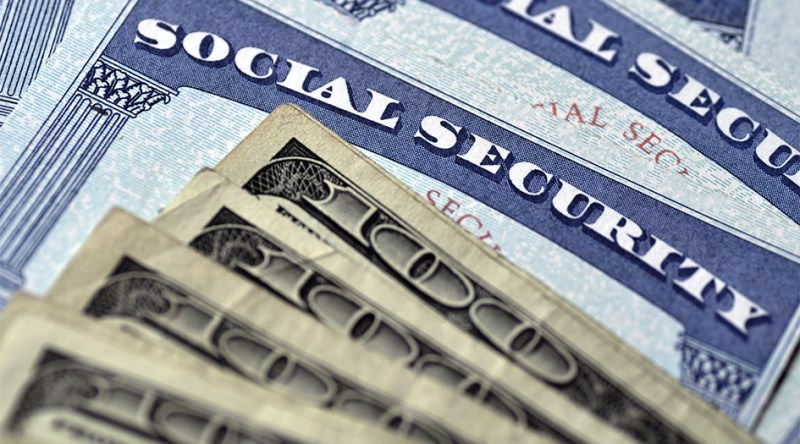Social Security Benefits and Stimulus Check
- Fiffik Law Group, PC
- Mar 31, 2020
- 2 min read

The Coronavirus, Aid, Relief, and Economic Security (CARES) Act will give Americans a one-time cash benefit based on their adjusted gross income. People whose income is derived primarily from Social Security retirement benefits are wondering those benefits render them ineligible for a stimulus check. The short answer is: probably not.
Your stimulus check is based on your adjusted gross income from your 2019 tax return. If you haven’t filed your taxes yet, the government will use the numbers from your 2018 return. The amount of your income, not the source, is the only criteria for eligibility for the stimulus check. Now if your taxable income also includes distributions from retirement accounts such as an IRA or 401(k) plan and those distributions plus your Social Security retirement income put you over the $75,000 threshold, your stimulus check could be affected.
Over $75,000 in 2019? You Could Still Qualify for a Stimulus Check.
Even if your income in 2019 is over $75,000, you can still qualify for a stimulus distribution. If your income is under that amount for 2020, you could be eligible, but it will come to you in the form of a tax refund once you file your 2020 income tax return. If IRA distributions put you over the threshold in 2019, you may want to reduce or eliminate distributions altogether if you do not need the income in 2020. The CARES Act suspended mandatory distributions from IRA accounts in 2020 so you can stay under the threshold by reducing or not taking your IRA distributions. There may be other implications to not taking your IRA distributions so before you decide one way or the other, you should consult with a tax or financial advisor. Use this stimulus calculator to estimate your benefit.
Haven’t Filed Your 2019 Return Yet?
You may be wondering whether you should file your 2019 tax return if you have not already done so. The answer is: maybe.
If you think you’re going to owe money, you may want to wait to file. When it comes to the stimulus check, the lower your income, the higher your benefit. That means you have an opportunity to compare the two tax returns to see which one would yield a larger stimulus check. If it turns out that you owe money and the 2019 return would yield a smaller stimulus, you can simply hold off on filing the return. However, if your 2018 income was higher, you may want to hurry up and file your 2019 return to qualify for a larger stimulus check.
You’ll have to file the 2019 return by July 15, 2020,
don’t put it off too long. If you
haven’t filed either a 2018 or 2019 return, you should file them as soon as
possible. According to the IRS, if you didn’t file in either year, your stimulus check
could be delayed.
Have other questions?
Call your LegalShield Provider Law Firm.
They are available everyday to help you.